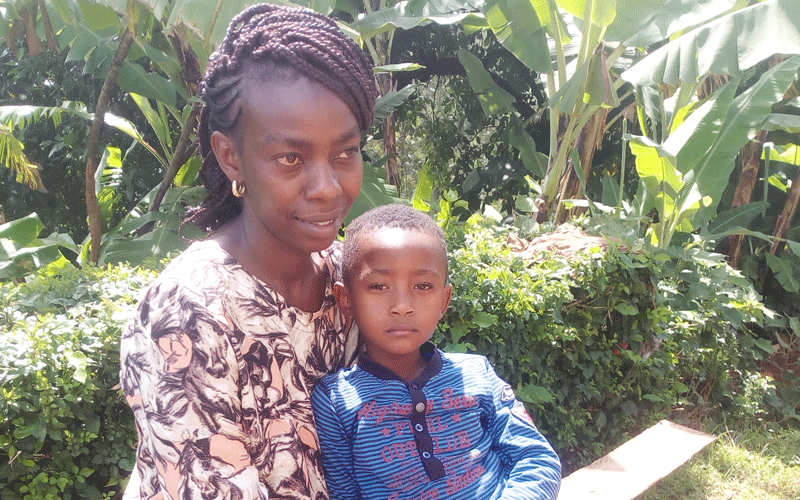When school anxiety kicks in among children and role of parents

Midmorning of a typical school day at Pioneer Preparatory in Nairobi and the gates are filled with clusters of children wending their way to school.
It’s the second week and still miserable for Lucy Waruguru.
The past week has been probably one of her hardest. The mother of two young children says she has been having trouble navigating their school life.
“My firstborn didn’t have such challenges and I thought my youngest, Jermaine, will have it easy as he sees his brother going to school. I had simple conversations with him on school and he seemed excited,” she says.
Jermaine was used to a routine of watching morning cartoons and playing, but now the pattern has changed, she notes.
On the first day of school, Jermaine woke up as usual and when he realised he was going to school, he started throwing tantrums.
“It was so bad, he refused to get dressed, ran and hid and insisted he did not want to go to school. He cried until he threw up his breakfast,” says Lucy.
Things got worse on their way to school: he wasn’t part of the clamour. He clutched tightly onto his mother, crying that she should not leave him at school. He was withdrawn and even stayed with his backpack on throughout.
Panic mode
“His agony made me panic, and I felt the need to call the teacher. I felt like something was going to happen to him.
"The panic made it impossible for me to concentrate at work. This is yet another week and the struggle continues. Sometimes, I have to put my foot down, stop soothing and force him to go to school,” she explains. 
During this ‘back to school’ period, it is important for parents and guardians to have a genuine discussion with their children to understand their struggles and agree on what will be done to address them.
This starts from the youngest to the oldest child as pointed out by clinical psychologist James Mbugua.
He explains that most children take time to cope in a new environment, thus experiencing social anxiety. New faces, new adults around them can trigger the anxiety.
In young children, it is mostly developmental and that is normal. Signs include refusal to go to school, tantrums, forgetfulness, and sometimes not talking.
Anxiety is usually normal in both parents and children, but it is likely to fade with time. What this child needs is, at most, support and consistently showing them that school is not a ‘prison’.
“Teenage children may have anxiety in instances where they have changed schools, a change in family, or even bullying in school.
Most teenagers may not talk about these things, but the effect can be longterm, especially if the parent is not keen.
You may notice that your child is suddenly not performing well in school or doesn’t want to go to school,” he says.
Some parents fail when they overlook and say things like: “Don’t come to this house if you don’t get an A”; “I used to be good in Science; I don’t know where you came from”; “Other children are studying, and what are you doing?” or “ Your sibling is very smart; I don’t know where you came from.”
Older children may not ask for help, thus end up struggling, leading to parents having meltdowns and tantrums at home assuming, their children are rebellious.
“It could be they are overloaded with homework, have changed friends, or have a new teacher.
Rather than dismissing them, it’s important to have positive interactions and pinpoint what exactly could be the problem because most parents don’t,” he adds.





